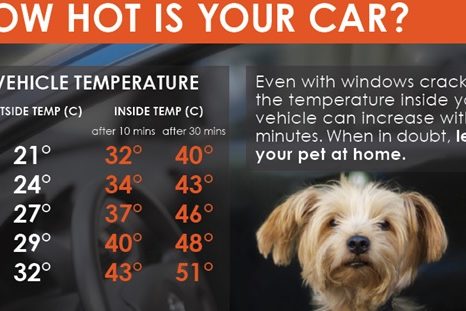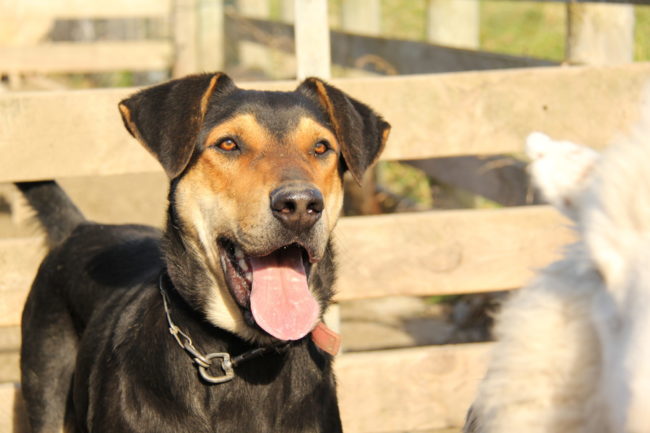Dogs in Hot Cars – New regulations
New regulations are in force meaning that if you leave your dog in a parked car and it is showing signs of heat distress you can receive a fine and a broken car window. Dogs quickly suffer and die in hot cars, so please leave your dogs at home. If you leave a dog in…
Details













